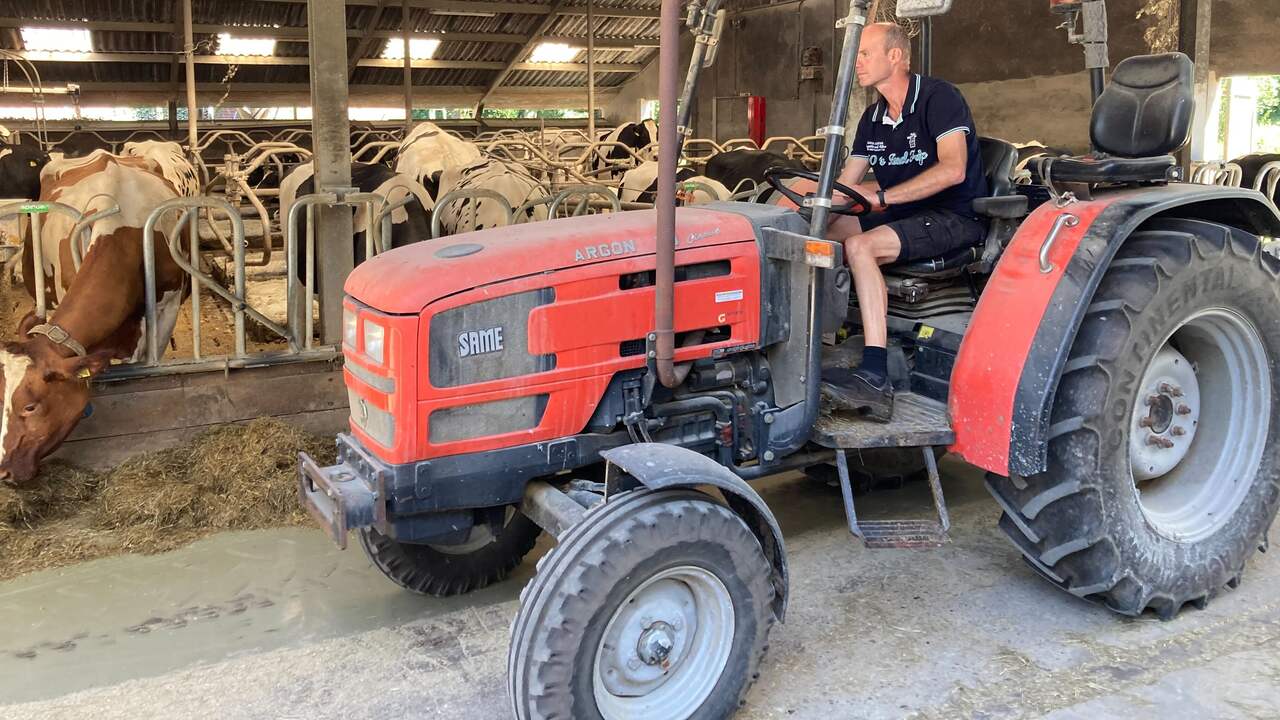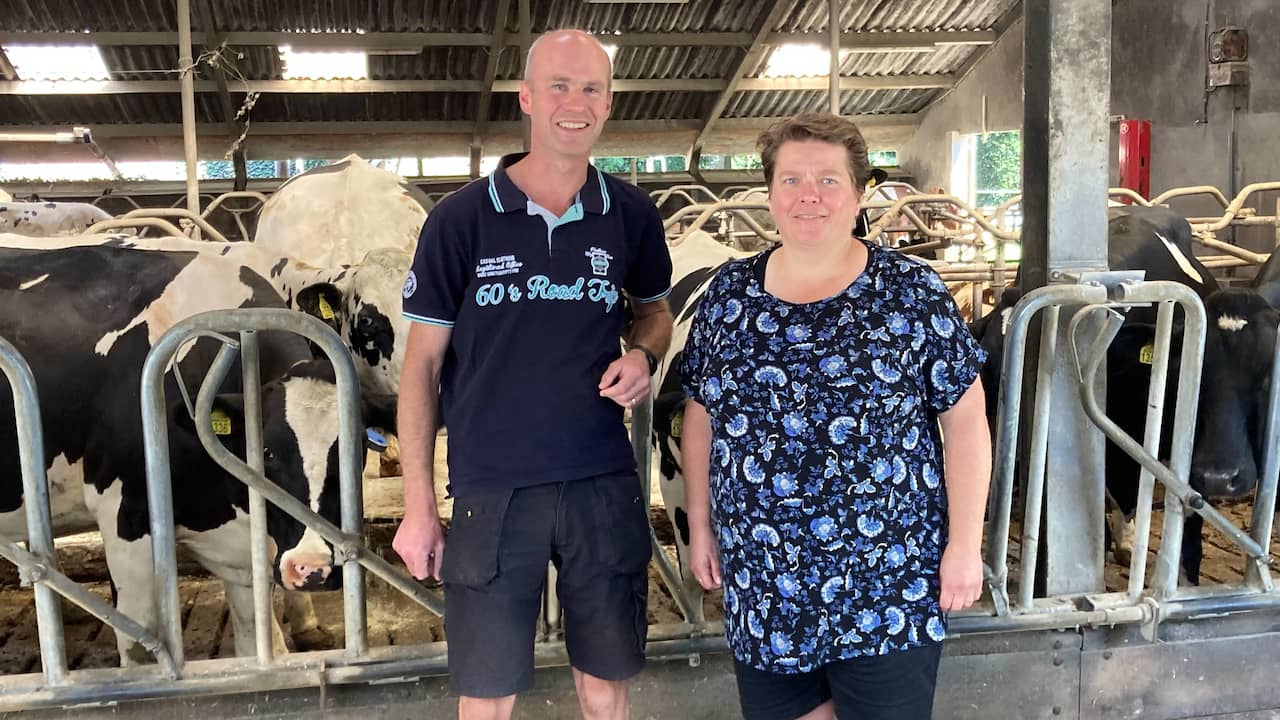To defend susceptible character, the federal government must greatly decrease the amount of nitrogen. This has really serious implications for farmers. They need to retain less cows and pigs. How do farmers deal with this message and how do they see the long run? NU.nl is talking and adhering to diverse farmers in diverse conditions this summer time. Nowadays: a farmer from Woold in Gelderland.
Just when farmer Martijn te Brake wishes to reveal why his farm is so environmentally helpful, a fantastic spotted woodpecker flies overhead, screaming loudly. He laughs: “Well, that is why.”
The woodpecker flies in the course of the Natura 2000 Knownelle region. It is found ideal up coming to the farm of Te Brake and his wife Ursula. The Achterhoek protected character reserve is the cause why Te Brake methods his occupation in a way that is extra respectful of mother nature.
“We are pretty substantial. We have just one cow per hectare, the place usually there are 2.5 cows for every hectare.” Te Brake has a total of 65 hectares of land.
Moreover, grasses and clovers of all types develop in its meadows and not only perennial ryegrass, as frequently transpires in intense farming. “The bees and other bugs are choking there,” claims Te Brake. “They are also the only meadows wherever I still experience grasshoppers. And deer ordinarily have their younger there.”
“If I stroll along the edge of the moat with an ecologist, he or she definitely loves it,” states Te Brake. “It seems like all varieties of factors and that is how it goes listed here.”
With some compensation right here and there for the mother nature-helpful way it grows and diligently thinking of what investments are necessary, Te Brake’s farm is successful. “We can get by effectively and we absence nothing at all.”
Old-fashioned landscape in Achterhoek
By “this is nonetheless the circumstance here”, Te Brake refers to the arrangement of the landscape in the Achterhoek. Where by territorial consolidation began in the relaxation of the Netherlands in the center of the final century, this element of the Achterhoek has lagged guiding.
This consolidation of the land made it possible to sour the countryside, so to converse, which was much more effective for the farmer.
“Right here they stopped section of the land consolidation,” points out Te Brake. This led to the preservation of the landscape of the old-fashioned bocage. You see wooded banks, I was a tree listed here and there in a meadow. “I believe the Netherlands was like this a hundred decades ago,” smiles Te Brake.
Martijn te Brake at operate in her secure.
Martijn te Brake at function in her secure. Photograph: The perform of duty
–
–
–
Pending conclusion on nitrogen
Even though Te Brake cultivates in harmony with character, it is unclear whether the nitrogen dilemma will have an affect on him much too. “Each individual now and then we shout a little something, but we definitely will not know anything,” says his wife Ursula.
The partner adds: “What is really recognised? Exactly where will it have an effect on and for whom? It would be urgent, but we have been functioning on it for a lot more than three many years.”
He thinks that “The Hague” sees his farm as an illustration for other farmers, but that is not specific possibly. “We do not drop rest, but I just want to continue to keep performing small business.”
“For now I would not do nearly anything and then we will see”
Martijn te Brake, Achterhoek farmer
–
–
–
Te Brake needs to grow the place in which its cows have calves. The barn in which the younger cattle is saved could also be the subject of a major makeover. “But if I modify a drop, I want it to final for twenty decades. Now we are hampered in this. For the second I do almost nothing and then we will see.”
Woold’s farmer is counting on Gelderland province, which he reported will not be forced to expropriate the farmers. There have been discussions with the province about the nitrogen approach formerly, but it is unclear how this will continue.
For the Achterhoek farmer it is not required to boost the number of cows. “Then we have to purchase further phosphate rights and extend the barn. We never get a permit for this simply because we are shut to a Natura 2000 area,” points out Ursula. “Then it is far better that you do it in a way that is respectful of nature and check out to do it in the greatest attainable way”, adds her partner.
“As it is now, we are satisfied and we will make it”, carries on Ursula. “Let us just hope we can continue cultivating right here.”
–


